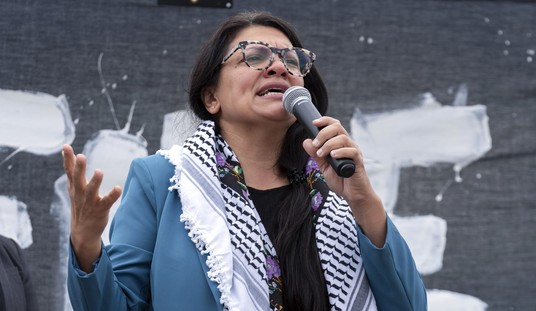Pew Research Center just released its latest data on religion around the world. Countries are divided into four categories: Official State Religion, Preferred/Favored Religion, No Official or Preferred Religion, or Hostile to Religious Institutions. While one in five countries falls under the “Official State Religion” category, the majority of countries are labeled as “No Official or Preferred Religion.” The report explains,
Most governments around the globe, however, are generally neutral toward religion. More than 100 countries and territories included in the study have no official or preferred religion as of 2015. These include countries like the United States that may give benefits or privileges to religious groups, but generally do so without systematically favoring a specific group over others.
In countries that have a preferred/favored religion, Christianity is favored 70 percent of the time. Surprising no one, Islam is the religion that dominates the “Official State Religion” list. “Among the 43 countries with a state religion, 27 (63%) name Sunni Islam, Shia Islam or just Islam in general as their official faith.”
Providing details about the influence of Islam, the report reveals,
Islam is the most common government-endorsed faith, with 27 countries (including most in the Middle East-North Africa region) officially enshrining Islam as their state religion. By comparison, just 13 countries (including nine European nations) designate Christianity or a particular Christian denomination as their state religion. … Most of the countries where Islam is the official religion (16 of 27, or 59%) are in the Middle East and North Africa. In addition, seven officially Islamic countries (26%) are in the Asia-Pacific region, including Bangladesh, Brunei and Malaysia. And there are four countries in sub-Saharan Africa where Islam is the state religion: Comoros, Djibouti, Mauritania and Somalia. No countries in Europe or the Americas have Islam as their official religion.
Only 20 percent of countries fall under the category of preferred/favorite religion. “Europe has the highest share of countries (30%) with a preferred or favored religion. All of these countries have Christianity as the favored religion.” Explaining the difference between state-sanctioned and preferred, the report says:
A state may favor multiple religions while still providing added benefits to one religion in particular. For example, Russian law designates Christianity, Islam, Judaism and Buddhism as the country’s ‘traditional’ religions, while also recognizing the “special contribution” of Russian Orthodox Christianity to Russian history. The four traditional religions are given certain benefits: Students choosing to take a religious education course may choose between courses on the four traditional religions or a general course on world religions, and a government program funding military chaplains is restricted to chaplains of these four religions. Still, the Russian government shows preferential treatment to the Russian Orthodox Church (ROC) in particular. For example, the government provided the ROC patriarch with security guards and access to official vehicles, and an investigation found that major presidential grants given to organizations controlled by or with ties to the ROC were a form of ‘hidden government support’ for the church.
Countries that are hostile to religion make up the smallest group. Only ten countries, or five percent, falls in this category. The countries that severely restrict religion and religious institutions are Azerbaijan, China, Cuba, Kazakhstan, Kyrgyzstan, North Korea, Tajikistan, Turkmenistan, Uzbekistan, and Vietnam.
Much of the report explains the benefits provided to religions by countries that either have a state-sanctioned religion or prefer/favor a religion. However, “States with official or preferred religions also are more likely than other states to interfere with worship or other religious practices.”









Join the conversation as a VIP Member